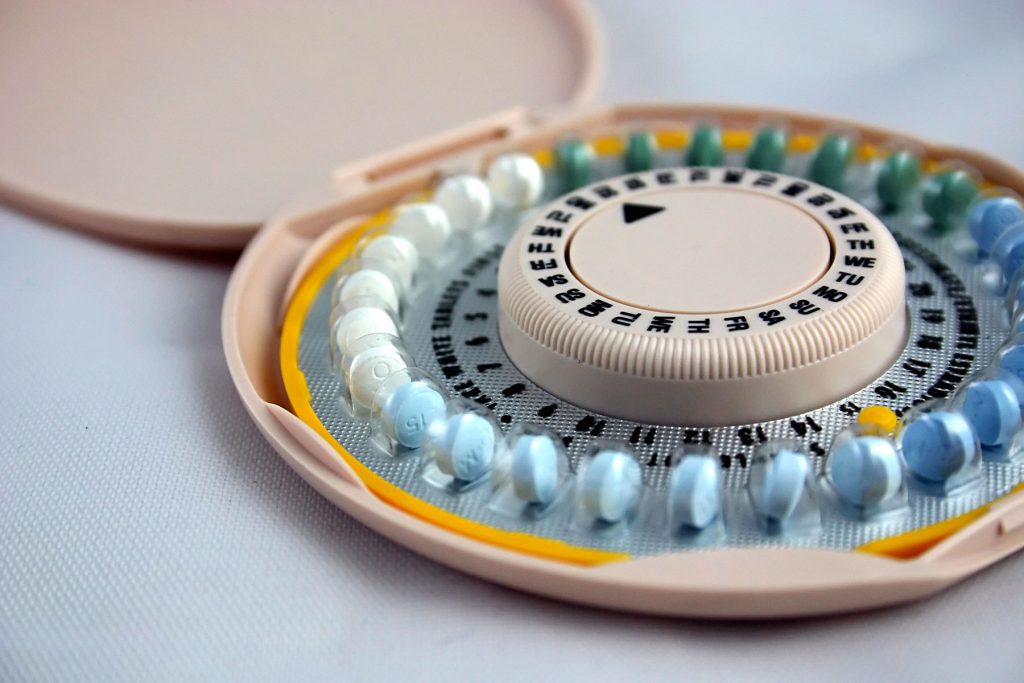A planned pregnancy is a right step and happy news for the couple, but if it is an unwanted pregnancy then a lot of thoughts move around a woman’s mind. According to a 2016 study, it is said that almost half of all pregnancies in the US are unplanned or unintentional. Unwanted pregnancy is very common, so being aware to prevent it is a must. Consult your gynecologist or book an appointment with expert gynecologists such as OB/GYN San Antonio. They can be a great guide and recommend appropriate resources and ways to prevent it. Remember that you can only decide and determine what is good and “right” for you. You can prevent pregnancy with the help of right birth control methods. There are many contraception methods, which are available in the market for all the women around the globe. Not all the processes will work well for all women, and for that, you must expand your horizon. Let’s have a read about some of the birth control methods.
Birth-Control Pill

One of the most commonly used methods to prevent pregnancy is the birth control pill. They are most commonly known as “the Pill”. They are a daily pill dose and an effective way to prevent unwanted pregnancy. These pills contain two types of hormones which change the way the body works to avoid pregnancy. The pills are combination pills comprising a fusion of the hormones estrogen and progesterone to prevent ovulation. Hormones are chemical substances that control the functioning of the body’s organs. When you take the pills, the hormones present in the pill, control the ovaries and the uterus. When a woman does not ovulate, she is free from the risk of getting pregnant. To make sure that a woman does not ovulate she has to take this pill daily.
Intrauterine Devices (IUDs)
If you are not interested in taking the pill, then you can go for another option to avoid getting pregnant. This method is executed through intrauterine devices (IUDs). These are small, T-shaped plastic and copper devices; which doctors insert in the uterus, and it releases copper to stop getting pregnant. It helps in protecting pregnancy for between 5 and 10 years. As long as this device stays in the uterus, there is no risk of getting pregnant. There are two types of these intrauterine devices. There are copper IUDs and hormonal IUDs. These Intrauterine Devices (IUDs) can be removed at any time by any trained doctor or nurse.
NuvaRing
Another easy and convenient way to prevent unintended pregnancy is by using NuvaRing. It is a small, flexible vaginal ring and is one of the best options for women who don’t want to take pills daily or don’t want to go for placing copper IUDs in their uterus. It is simple to use, you have to put in the vagina for three weeks, and then take it out and put a new one in a week later. It is as safe and effective as the pill if used as directed. Once placed in the vagina, the NuvaRing continuously secretes low doses of hormones. The NuvaRing contains two kinds of female hormones, estrogen, and progestin, and these hormones prevent pregnancy. Be careful and make sure that the NuvaRing stays in the vagina before and after intercourse to avoid pregnancy. But always consult your doctor first because women who smoke, have high blood pressure, diabetes and are over the age of 35 must avoid it because the NuvaRing is linked with increased risks of several serious side effects.
Birth Control Implant – Nexplanon
Another method that a woman can use is the Nexplanon implant; one of the most effective and long-term birth control options to prevent pregnancy as it lasts for up to 3 years. Most women compare it with UIDs. However, it is completely different. It is a small, tiny, thin and flexible rod about the size of a matchstick. It is a contraceptive arm implant placed under the skin of your inner or upper arm. This implant is a progesterone implant, and this has the potential counter pregnancy for three years. They must be removed by the end of the third year, and if you still want to prevent pregnancy, you can go for a new implant at the time of removal. Again, do consult with your gynecologist first.
So, instead of going for an abortion for unwanted pregnancies, it is always better to opt for an option where you take precautionary measures. The shared birth control methods above are a few which you can consider after consulting your doctor. Every woman has her own health condition, so it is always better to consult your doctor as these above-given birth-control methods work differently for different women.
Vinay M
Recent Posts
- Castor Oil For Better Hair Growth: Is It Myth Or Fact?
- Exploring the Differences Between Sermorelin, Ipamorelin, Ibutamoren, GHRP2, and GHRP6: Understanding Their Role in Human Growth Hormone Regulation
- Unraveling the Mystery: Understanding the Causes and Prognosis of Ventricular Tachycardia Without Apparent Heart Disease
- Understanding Grandparents’ Rights in Oklahoma: Navigating Visitation and Legal Protections
- 10 Reasons to Consider Hypnotherapy for Your Health

